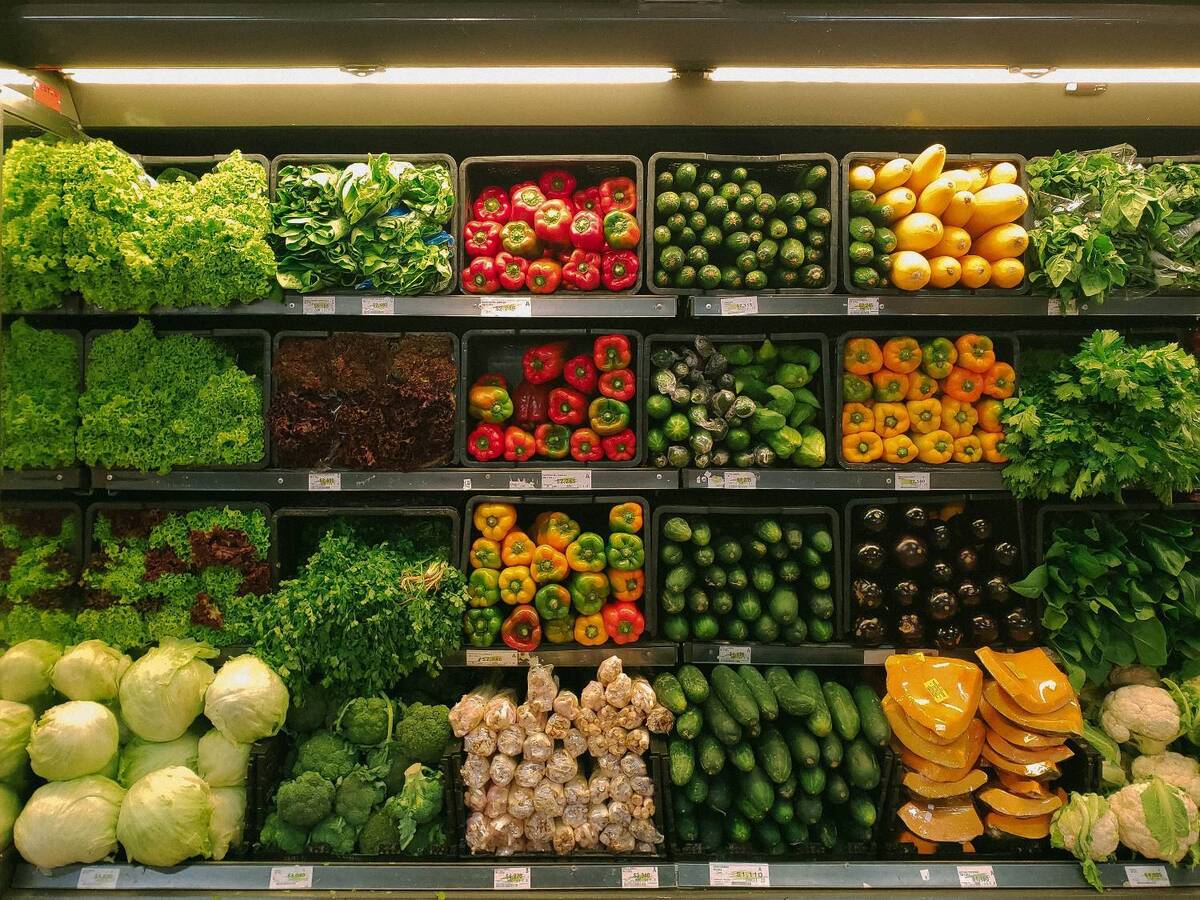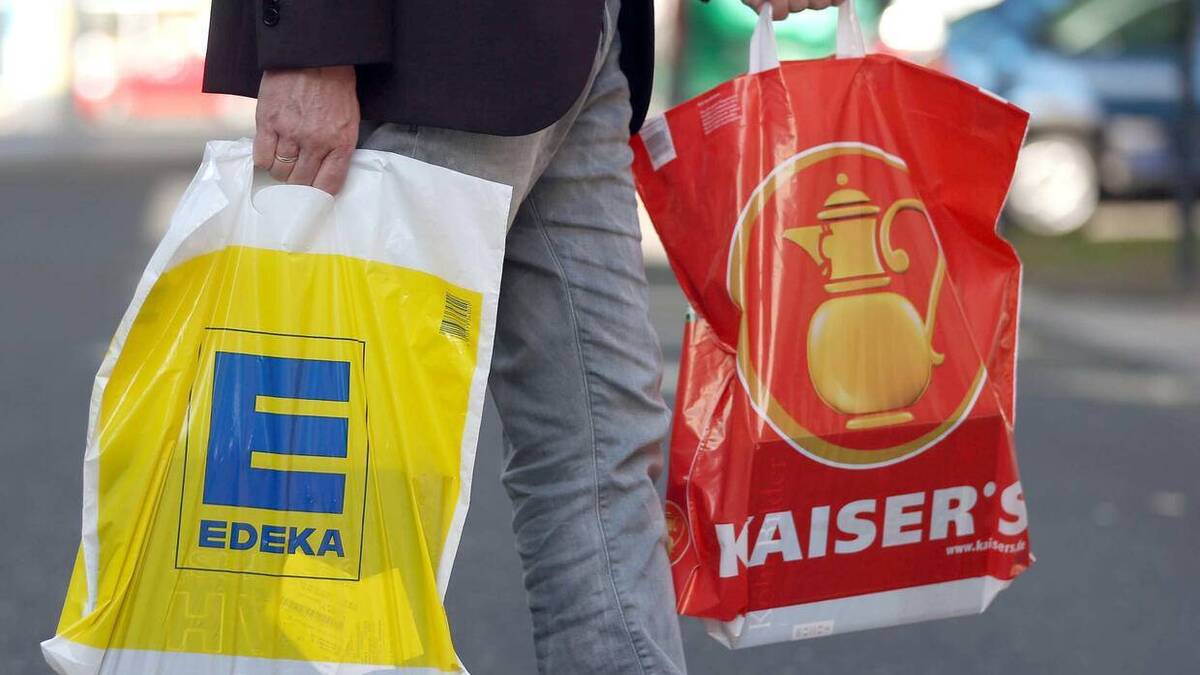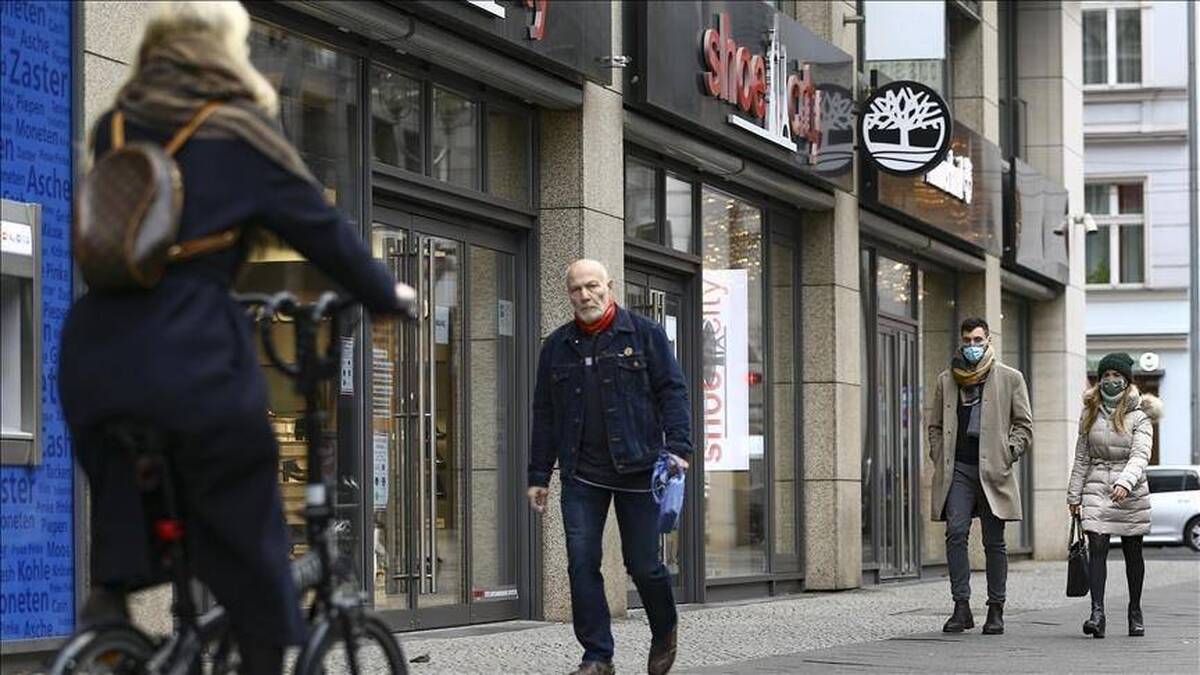German Inflation Rate Falls to Lowest Level in 3 Years

The decline indicates a continued easing of price pressure. In March, energy and food prices declined by 2.7 and 0.7 percent year-on-year, respectively. Energy prices, the main drivers of the country's inflation last year, have fallen recently, while food prices witnessed their first decline since 2015.
The Ifo Institute for Economic Research predicts that inflation in Germany will fall below the European Central Bank (ECB) 's 2 percent target as early as summer.
During the energy crisis, the ECB gradually raised its key interest rate to an elevated level of 4.5 percent and has kept it since September last year.
"From Germany's perspective, there's no reason why the ECB shouldn't cut interest rates soon," said Ifo expert Timo Wollmershaeuser.
While Germany, Europe's largest economy, seeks lower interest rates to encourage spending and investment, its economy contracted by 0.3 percent in the past year, and the forecast for the current year is not optimistic. Experts predict that the country may experience a deeper recession or, at best, a slight growth.
Meanwhile, consumers remain cautious. "A sustained and significant improvement in consumer sentiment is still not in sight," said the German Retail Association.
4155/v
























